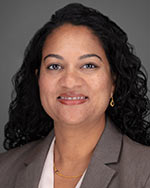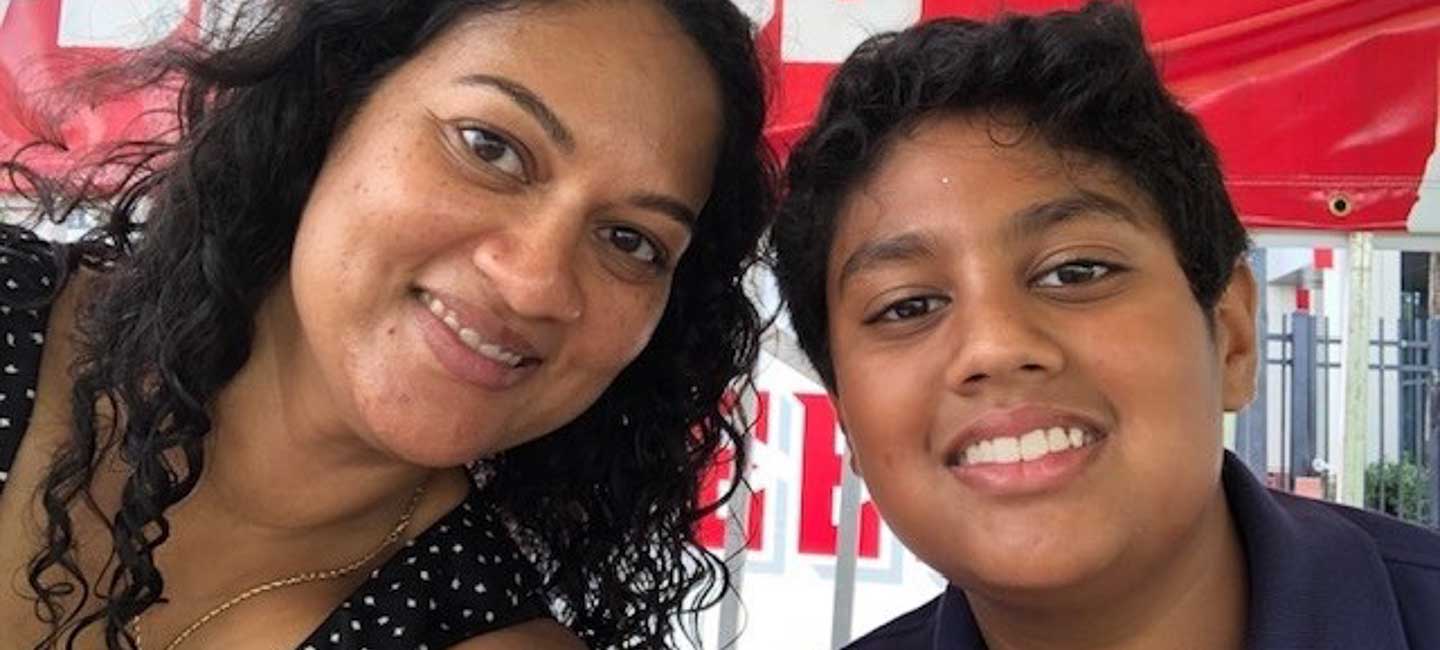A Shot Against Cancer
If a vaccination could protect against cancer, would you want your child to get it?
More parents in Florida are saying “yes,” but the state still lags behind the national average for HPV vaccination. The series of two or three shots, given to children, teens and young adults, protects against infection with the human papillomavirus. HPV is so common that eight out of ten people will be infected at some point in their lifetime. Once infected, there is no way to know which people will develop cancer or other health problems. But the vaccine can protect youngsters from getting the types of HPV infections that cause six different kinds of cancers.
While the latest figures show nearly 60 percent of Florida adolescents aged 13-17 have received their first HPV shot and 42 percent completed the series, that’s well shy of national rates (65.5 percent for initial vaccine, 48.6 for completion). Considering that Florida ranked among the lowest in the nation for HPV vaccination rates in 2014, the latest numbers are encouraging to Dr. Susan Vadaparampil, associate center director of Community Outreach, Engagement, and Equity at Moffitt Cancer Center.

Dr. Susan Vadaparampil, associate center director of Community Outreach, Engagement, and Equity at Moffitt Cancer Center.
“There is always an opportunity to improve and do better, particularly as research continues to emerge about ways to increase the uptake of HPV vaccination for adolescents,” said Vadaparampil. She’s been part of that research, leading a National Institutes of Health-funded study of the factors influencing primary care physicians’ recommendations about the HPV vaccine for their patients. The results of that work led her to broaden the focus beyond physicians to increase HPV vaccination. Office staff and physicians need to be on the same page with strong and consistent recommendations for HPV vaccination, she said, which should be offered along with other adolescent vaccines recommended for teens and preteens.
Vadaparampil saw just how important that consistent message can be with her own son, 12-year old Joey. She and her husband, a critical care physician, agreed that Joey should receive the vaccine at his routine doctor’s visit. But in keeping with her research, she told her husband not to ask for the vaccine and instead simply see if it would be offered.
What Vadaparampil saw in research played out in their family’s health care experience. The physician offered the HPV vaccine along with two other vaccines recommended for Joey’s age group. “But when the medical assistant came to give the vaccines,” said Vadaparampil, “she downplayed the importance of HPV vaccine compared to the other two. Although Joey was thrilled at the possibility of having two shots instead of three, my husband quickly said we wanted all three vaccines.”
She added, “Another parent who may have been ‘on the fence’ might have opted out of HPV vaccine because it was presented as ‘less important’ than the other two. In the end, Joey was a great sport and did get all three vaccines at that visit. I call this the ‘Joey Story’ and now use it as an example whenever I give talks to providers and researchers as a way of illustrating how important it is that everyone that a patient comes into contact with should be giving the same message about the HPV vaccine.”
“At the end of the day,” said Vadaparampil, “my husband and I are parents, too. For Joey, our goal is to make sure he has every chance in the future to live a happy and healthy life. HPV vaccination is entirely consistent with that goal.”
Vadaparampil noted that there is still a need to come up with innovative strategies to ensure all those who receive an initial dose of HPV vaccine return to finish the series. Large health care systems, policy makers and employers also need to think creatively about how they can support HPV vaccinations for the populations they serve.
“Ultimately, we are all on the same team, wanting the best for our community,” she added. “We need to provide a consistent message to vaccinate adolescents against HPV. It’s one of the rare opportunities to truly prevent cancer.”


